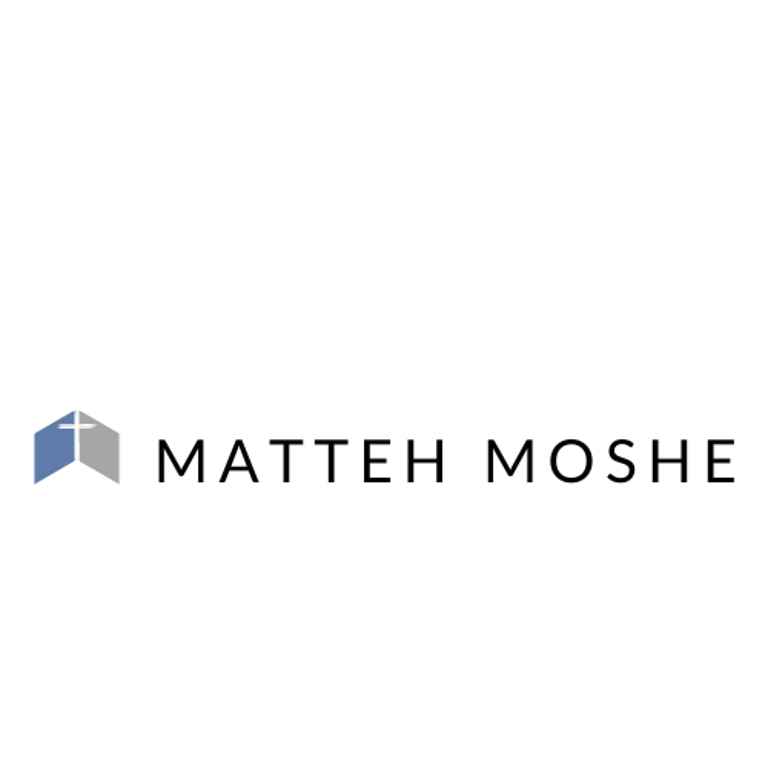Sorry, Ai eradicated profit models in the church.
From the printing press to the internet, every wave of technology has advanced the gospel. Now AI marks the next shift—empowering churches to build open-source tools for management, streaming, and outreach. As these community-driven platforms rise, costly for-profit church tech models will fade, leaving behind a Kingdom-first ecosystem.


Throughout history, God has used technology to expand the reach of His Word. The printing press made the Bible accessible to ordinary people, spreading Scripture and fueling the Reformation (Eisenstein, 1980; Febvre & Martin, 1976). The personal computer increased efficiency and creative power, enabling ministries, Christian publishing, and faith-based innovation to flourish through new digital platforms (Ministry Brands, 2023). The internet multiplied these efforts exponentially, allowing churches and missionaries to share the gospel with millions at once, connect communities, and mobilize believers worldwide (Castells, 2001; Rheingold, 2000).
Today, artificial intelligence represents the next frontier. AI is no longer a distant research tool—it is becoming a platform the church can actively use to serve the Kingdom. The most transformative opportunities lie in building open-source tools for church management, live streaming, and global outreach. Churches can deploy AI-driven platforms for coordinating volunteers, tracking discipleship, automating administrative tasks, and optimizing resource allocation. AI can also power streaming infrastructure and content curation, making worship, sermons, and educational programs accessible to communities worldwide, while improving engagement analytics for ministry leaders (Magai, 2025; Ministry Brands, 2023).
Just as the printing press empowered ordinary believers to engage with Scripture and the internet enabled global outreach, AI now empowers the church to create, adapt, and deploy mission-focused technology. Open-source tools can enable churches to run their operations efficiently, broadcast the gospel at scale, and maintain full ownership of their digital infrastructure, rather than relying on expensive, proprietary solutions (The Washington Post, 2025).
This is a moment for faith-driven builders: believers called to integrate AI into ministry responsibly, ethically, and creatively. Ethical reflection is critical, as seen in recent debates around Magisterium AI in Catholic education (The Washington Post, 2025). By building church-led platforms for management, streaming, and outreach, the Kingdom community can develop tools tailored for discipleship and mission, designed to reflect Christian values and serve every congregation, big or small.
History shows that every major technological shift reshaped the world for the gospel. Now, AI offers the next great opportunity: the church can harness unprecedented tools to reach more people, disciple more effectively, and steward resources with wisdom and innovation.
The transformative vision is clear: as churches create their own open-source AI-driven platforms, they will surpass corporate offerings in capability, accessibility, and mission alignment. Over time, the church-led technology ecosystem will replace expensive, for-profit solutions, ensuring that the tools serving the gospel are community-owned, Kingdom-driven, and ethically stewarded. When the church leads in building and deploying its own tools, Christian tech will be redefined, enabling the gospel to reach further and deeper than ever before.
We at Matteh Moshe are committed to standing at the forefront of this movement—equipping the church with open-source, Kingdom-driven technology that redefines how we disciple, reach, and serve. The landscape is changing quickly, and we invite you to follow us to stay informed and engaged as we help shape the future of Christian technology together.

Profiting from the Church?
Should be in the gospel message not selling tech to it.
References:
Castells, M. (2001). The rise of the network society (2nd ed.). Blackwell.
Eisenstein, E. L. (1980). The printing press as an agent of change. Cambridge University Press.
Febvre, L., & Martin, H. J. (1976). The coming of the book: The impact ofprinting, 1450–1800. Verso.
Magai. (2025). AI for churches: Everything you need to know. Magai. https://magai.co/ai-for-churches-everything-you-need-to-know/
Ministry Brands. (2023). How AI can transform church management. Ministry Brands. https://www.ministrybrands.com/church/management/ai-and-church/
Rheingold, H. (2000). The virtual community: Homesteading on the electronic frontier (Rev. ed.). MIT Press.
The Washington Post. (2025, July 31). Catholic ChatGPT “Magisterium AI” gains traction among clergy and educators. The Washington Post. https://www.washingtonpost.com/religion/2025/07/31/catholic-ai-magisterium-pope-leo/.

